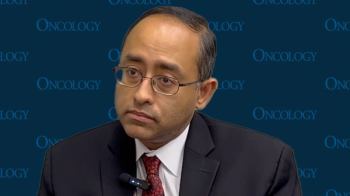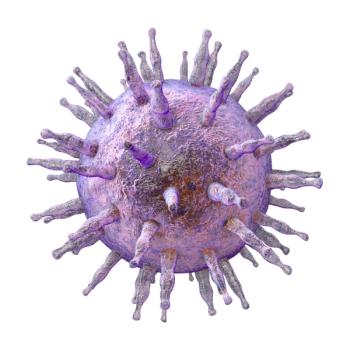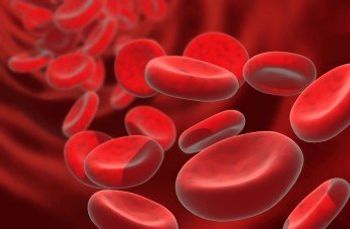
Hematologic Oncology
Latest News
Latest Videos

Podcasts
CME Content
More News

All 4 FDA-approved JAK inhibitors for myelofibrosis have unique toxicity profiles that all patients and physicians should know, said Prithviraj Bose, MD.
![We must work on clinical predictors based on the disease phenotype, we must work on the physician’s attitude, and [we must work to] stimulate the correct and timely usage of ruxolitinib.](https://cdn.sanity.io/images/0vv8moc6/cancernetwork/d5a069c33bbfe917bc7c0b1bb13d76c0a815cc44-234x234.png?w=350&fit=crop&auto=format)
According to Francesca Palandri, MD, PhD, ruxolitinib will have a less significant effect in patients with myelofibrosis who have a cytopenic phenotype.

Non-driver mutations can be informative for clinicians in the treatment of patients with myelofibrosis, as they may help guide transplantation decisions.

There are 4 JAK inhibitors approved for myelofibrosis, all of which are usable in certain situations depending on a patient’s clinical factors.

Interferons and other anemia-driven therapies for myelofibrosis are exciting for the future, according to Prithviraj Bose, MD.

Data from a propensity-matched analysis showed that GLP-1 receptor agonists conferred benefits even among patients with type 2 diabetes.

Researchers from the BMT CTN reported that posttransplant cyclophosphamide-based GVHD prophylaxis significantly improves outcomes for adults aged 70 years and older undergoing allo-HCT.

Researchers at the CHOP have developed a new strategy to improve the effectiveness of GPC2-directed CAR T-cell therapy in neuroblastoma by reprogramming the tumor immune microenvironment.

The overall pain experience among adult and pediatric patients with severe sickle cell disease significantly improved after exa-cel infusion.

Results from the phase 3 VERIFY trial of rusfertide for erythrocytosis in patients with polycythemia vera led to the FDA decision.

A panel of clinical pharmacists discussed strategies for mitigating toxicities across different multiple myeloma, lymphoma, and leukemia populations.

The 2025 National ICE-T Symposium gave oncology experts an opportunity to share ideas regarding the administration of cellular therapies.

Researchers have found that donor age is a key determinant of outcomes in hematopoietic cell transplantation, with younger donors associated with significantly better survival and lower rates of GVHD.

Following the lifting of a clinical hold, the FDA has again accepted the BLA for tabelecleucel in adult and pediatric patients with EBV-positive PTLD.

Ibrutinib tablets will become available at 140 mg, 280 mg, and 420 mg for patients with chronic lymphocytic leukemia and Waldenström macroglobulinemia.

Many patients reported social/financial vulnerabilities that possibly precluded them from transplant access outside of the phase 2 clinical trial.

The FDA has asked tambiciclib’s developer to start a trial investigating the combination in front-line acute myeloid leukemia.

The FDA lifted a clinical hold on a new drug application for tabelecleucel as a treatment for EBV-positive lymphoproliferative disease in May 2025.

The MALT1 inhibitor demonstrated a favorable safety profile and tolerability in findings from a phase 1 clinical trial presented at the EHA 2025 Congress.

Administering precision-selected donor regulatory T-cell therapy significantly improves GVHD-free, relapse-free survival in patients undergoing allogeneic HCT.

Among 77 enrolled patients, the cumulative incidence of grades 2 to 4 aGVHD at day 100 post-transplantation was 18.2% (95% CI, 10.6–27.6%).

BGB-16673 antitumor activity occurred particularly among patients with BTK-resistant mutations and those with disease refractory to prior cBTK and ncBTK inhibition.

Data from the 2025 EHA Congress show developments in novel therapeutic strategies across different multiple myeloma, leukemia, and lymphoma populations.

Read about various aspects of career trajectories in oncology from the perspective of established clinicians, new attendings, and those waiting to sit for their medical board exams.

More follow-up data will better elucidate the impact of frontline use of hypomethylating agents in patients with myelodysplastic syndromes.





















































